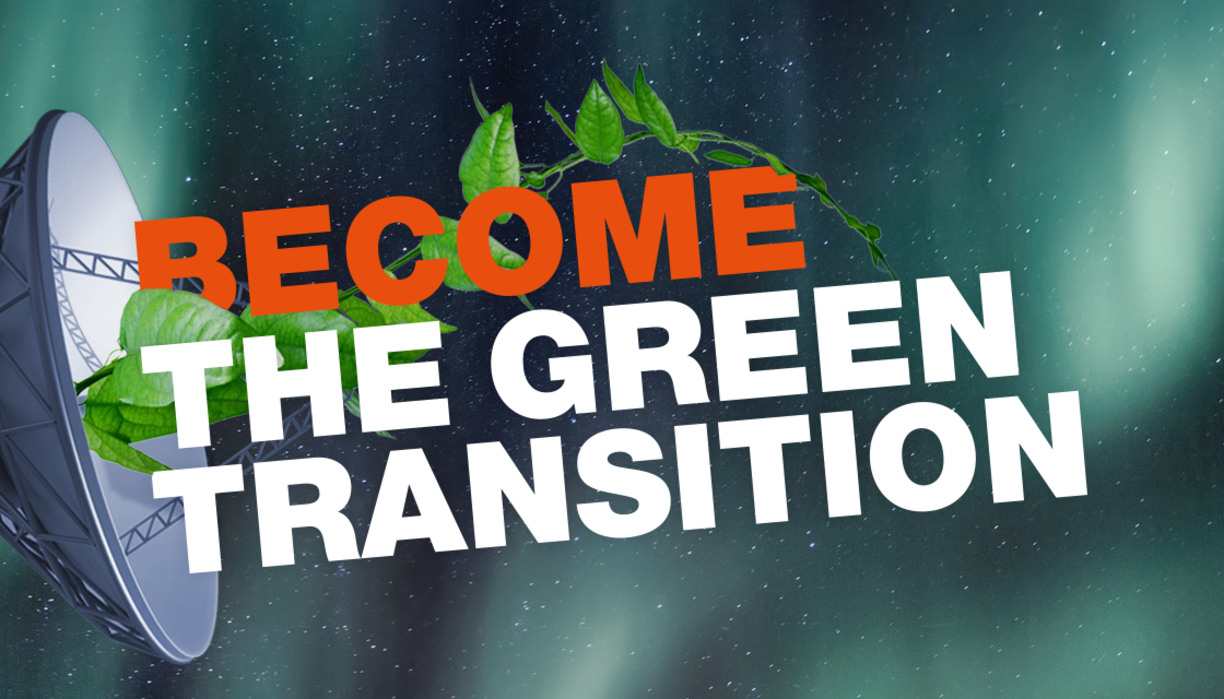
9 October 2023
Space technology benefits the earth
Space technology can give us a snapshot of climate change and the health of the planet. In northern Sweden, you find an infrastructure with research, education and industry in close cooperation, which contributes to the green transition.
Space research benefits by monitoring environmental and climate change. By using data from satellites, we can acquire information about everything from forest fires, drought, deforestation of rainforest to oil spill and the thickness of the ice. The satellites are crucial if we want to understand what the climate change look like and which actions that would be effective.
– We build satellites to demonstrate and develop this kind of space technology. Kiruna’s arctic environment is a perfect place for this, it is both fragile and sparsely populated and the changes are noticed very quickly. Some of the environmental changes occur even faster than we anticipated, René Laufer, professor of Space Systems at Luleå University of Technology, says.
The research occurs in close cooperation with other research areas such as Atmospheric Science, AI and Production Innovation. Atmospheric Science is about understanding how the atmosphere works and how the climate is affected by different factors. The space research area is integrated with AI and Machine Learning, this is something new which René Laufer describes as crucial for the future development. Traditionally, the satellites have sent data to the Earth for analysis, but with today’s large number of satellites, it is not possible.
– We are looking at how we can use Machine Learning to improve the data processing onboard, so it is the results that are being sent to Earth. This will give us more capable satellites for Earth observation, he says.
Northern Sweden – a perfect space port
Anna Öhrwall Rönnbäck, professor in Production Innovation at Luleå University of Technology, says that thanks to the space campus, the proximity to the Esrange space port and a close collaboration with space companies, they can apply their research in design and production development to the space field.
– We are using our opportunities to contribute to the rapid transition towards a sustainable planet. During this process we are doing research on how designers and engineers can design satellites and other space products, so that they become easy to maintain and reuse.
Both René Laufer and Anna Öhrwall Rönnbäck says that it is especially challenging to solve the question of recycling in space. That is why, generally, the results also benefit other technology areas. She describes northern Sweden as a perfect place to conduct research and business development connected to space, a place that attracts people from all over the world. The university contributes by developing that ecosystem in Sweden and the EU. The cooperation with Swedish Space Corporation, SSC, the rocket engine manufacturer GKN and many other companies gives us, and our students, the opportunity to work with satellites and other space technology in projects, she says.
– We can develop methods to build, launch, retrieve and recycle. There are also good opportunities for those who want to start a space company, and we have many former students and PhD students who do just that.
Contact
Anna Öhrwall Rönnbäck
- Professor, Chaired Professor
- 0920-493262
- anna.ohrwall.ronnback@ltu.se
- Anna Öhrwall Rönnbäck
René Laufer
- Professor and Head of Subject
- 0980-67582
- rene.laufer@ltu.se
- René Laufer
Published:
Updated:

